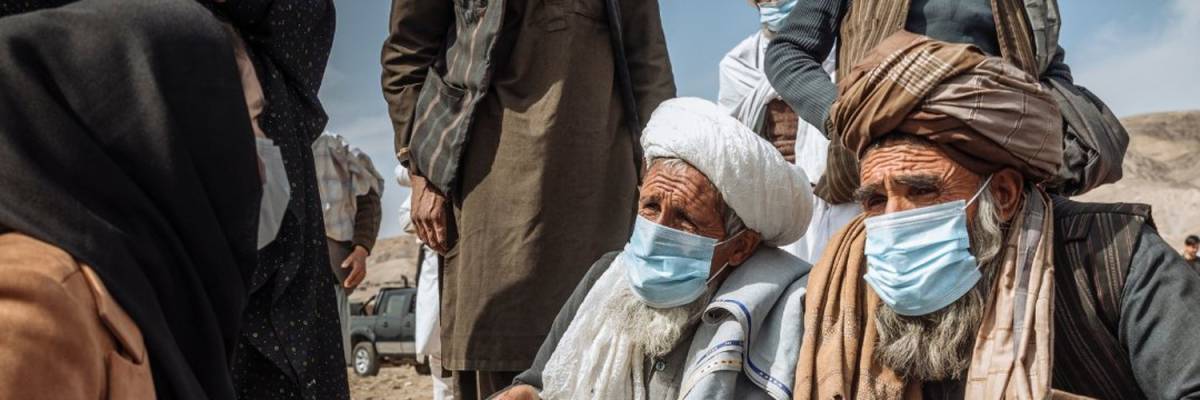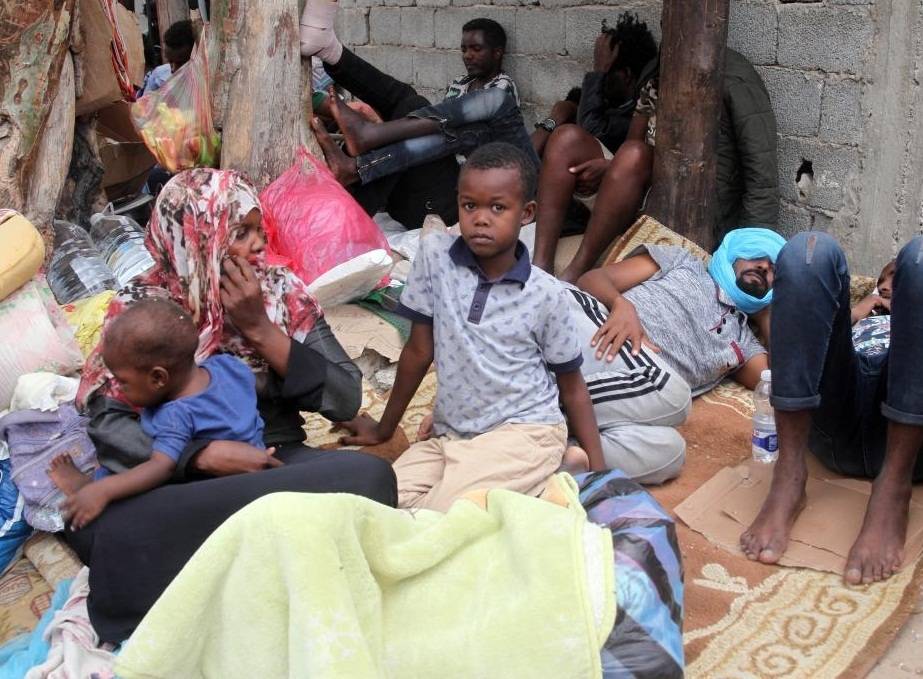McColl described the UK’s evacuation of Afghans as “random,” and at times prioritizing animals over people…reports Asian Lite News
The government is facing criticism over its failure to safeguard Afghan refugees who worked with coalition forces during the war in Afghanistan, The Guardian reported on Monday.
About 6,200 people along with their families are eligible for relocation under the Afghan Relocations and Assistance Policy (ARAP).
The ARAP scheme has brought more than 10,000 Afghans to the UK, and the Afghan Citizens Resettlement Scheme (ACRS) will allow up to 20,000 to settle in the country.
However, as Western allies mark the one-year anniversary of NATO’s withdrawal from Afghanistan, the government faces accusations of abandoning many Afghans to persecution at the hands of Taliban.
Ret. Gen. Sir John McColl, who served as first head of NATO’s International Security Assistance Force in Afghanistan, told BBC Radio 4’s “World at One” that Defense Secretary Ben Wallace and other ministers should “hang their heads in shame.”
McColl described the UK’s evacuation of Afghans as “random,” and at times prioritizing animals over people.
“The system was broken when we withdrew from Kabul last year and it remains broken. It was a source of shame then and it continues to be a source of shame,” McColl said.
Those eligible for ARAP include people still in Afghanistan and those who have fled, most often to Pakistan, but also Iran, where strained relations between London and Tehran have hindered the scheme’s ability to assist people.
Earlier this month, nine expert groups on Afghanistan criticized the government’s resettlement schemes as “unjustifiably restrictive.”
They also expressed deep concern over the government’s failure to provide a safe route for Afghan women, girls and oppressed minority groups.
According to sources at the Ministry of Defense, about 1,050 people evacuated out of Afghanistan under ARAP are living in hotels in Pakistan while awaiting processing and transportation to the UK or another destination.
However, the ministry expressed frustration that many Afghans who are brought to the UK end up, as one highly placed source put it, “stuck in hotels.”
The ministry source attributed this to the government’s failure to put adequate plans in place.
With only 7,000 Afghans having been rehoused, the UK government is still providing hotel accommodation to 9,500 people who sought refuge in the UK, The Guardian reported.
The news outlet also said that thousands of Afghan refugees were told by the Home Office to search for housing on the websites Rightmove and Zoopla.
A Home Office spokesperson said that the UK intends to welcome up to 20,000 people in need via ACRS.
“Already we are proud this country has provided homes for more than 7,000 Afghan evacuees, but there is a shortage of local housing accommodation for all,” they said.
“While hotels do not provide a long-term solution, they do offer safe, secure and clean accommodation. We will continue to bring down the number of people in bridging hotels, moving people into more sustainable accommodation as quickly as possible.”
The Home Office has said that local authorities will receive £20,520 per person over a three-year period to support the resettlement of Afghan families, with flexibility to use the funds in various ways.
ALSO READ-Boris likely to be new NATO Chief

